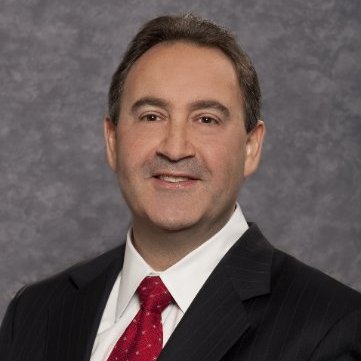David J. Brailer
See the following -
Digital Records May Not Cut Health Costs, Study Cautions
Computerized patient records are unlikely to cut health care costs and may actually encourage doctors to order expensive tests more often, a study published on Monday concludes. Read More »
- Login to post comments
In Second Look, Few Savings From Digital Health Records
The conversion to electronic health records has failed so far to produce the hoped-for savings in health care costs and has had mixed results, at best, in improving efficiency and patient care, according to a new analysis by the influential RAND Corporation. Read More »
- Login to post comments
In Second Look, Few Savings From Digital Health Records
The conversion to electronic health records has failed so far to produce the hoped-for savings in health care costs and has had mixed results, at best, in improving efficiency and patient care, according to a new analysis by the influential RAND Corporation. Read More »
- Login to post comments
Jonathan Perlin’s ‘Elevator Pitch to the President’ on Health IT
 What would you say if you had to make an “elevator pitch” in just three to five minutes to the President of the United States about what to focus on in terms of the nation’s healthcare system? That was the question put to panelists at a Sept. 26 meeting of the National Academy of Medicine (NAM). Jonathan Perlin, M.D., chief medical officer of Hospital Corporation of America (HCA), responded: “It’s all about the data”...
What would you say if you had to make an “elevator pitch” in just three to five minutes to the President of the United States about what to focus on in terms of the nation’s healthcare system? That was the question put to panelists at a Sept. 26 meeting of the National Academy of Medicine (NAM). Jonathan Perlin, M.D., chief medical officer of Hospital Corporation of America (HCA), responded: “It’s all about the data”...
- Login to post comments
Medicare Bills Rise As Records Turn Electronic
But, in reality, the move to electronic health records may be contributing to billions of dollars in higher costs for Medicare, private insurers and patients by making it easier for hospitals and physicians to bill more for their services, whether or not they provide additional care.
Read More »
- Login to post comments